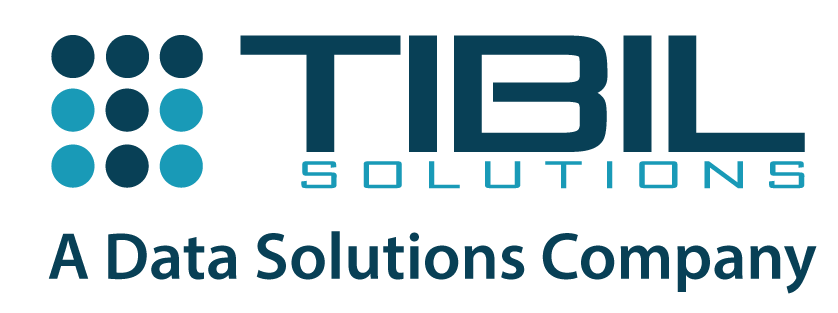Data Science
Superior business intelligence & analytics

What is Data Science?
Data Science uses tools, algorithms and machine learning to discover hidden patterns in raw data. Data Science is the advanced stage of data analytics where algorithms are written to train machine learning (ML) and artificial intelligence (AI) models to unearth patterns and act on business insights. Companies are leveraging Data Science in different forms to drive business insights for making informed decisions and create digital solutions for their customers.
Data science falls under the following majors ranging from Computer science, Mathematics, Chemistry, Psychology and Economics. This is usually because data science can be applied to solve problems across many disciplines. Data science involves the delivery of information gleaned from advanced analytics applications run by data scientists for business use.
Challenges Data Science Platform
While working on data science, some of the common challenges we encounter are:
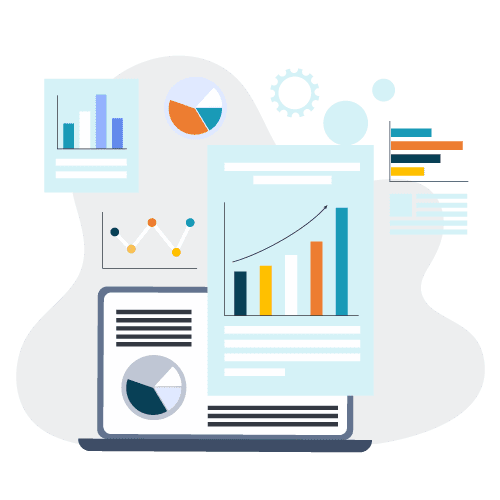
Analysing huge volumes of data from disparate sources
Availability of data for analytics in recognizable patterns for tools or machine learning algorithms
Overlaying business context and process to the patterns to ensure relevant analysis to deliver business insights
Improving the time-to-value of the data science process
Tibil’s Data Science Solutions
Our data scientists at Tibil have the right blend of statistical, technological and business skills to detect patterns in messy unstructured data to generate actionable insights. Our data scientists wear multiple hats in their quest to derive valuable business insights from big data that’s often unstructured, difficult to access and basically messy. They are mathematicians and statisticians when needed, programmers at times, visualizers, analysts, trend spotters and even the ones who communicate with the business and senior management.
Our Data Science Process

Collecting large amounts of data and analyzing it
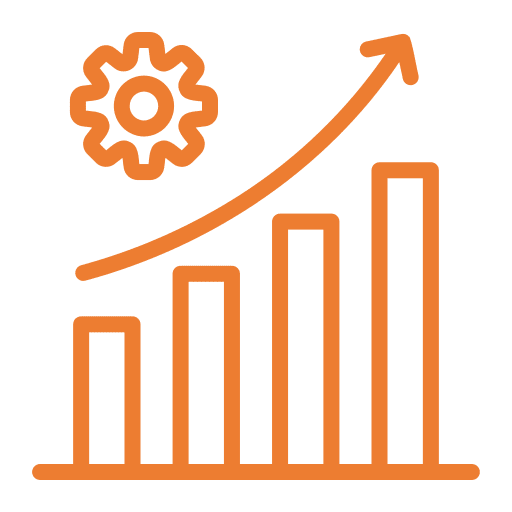
Using data-driven techniques for solving business problems

Communicating the results to business and IT leaders

Spotting trends, patterns, within data & converting data into compelling visualizations

Working with Artificial Intelligence and Machine Learning techniques

Deploying text analytics and data preparation

Examples of Data Science Implementation
Tibil’s Data Science solution played a key role in developing algorithms and machine learning for a leading real estate company in North America that was focused on enabling High Net Worth Individuals, Developers and PE Funds to navigate the complexities of buying and selling property with agility & transparency. The platform built for the customer handled all the data processing, including cleaning and feature engineering.
Benefits of Business Intelligence and Data Science in Business
We believe that by leveraging our Data Science solution, our customers can benefit with:
- Business value: Driving business insights by overlaying business context and Tibil’s domain expertise to the analytics process to ensure the true value of data science is derived
- Improved return on investments: Ensuring the right tools and technologies as well as best practice frameworks are used to keep costs down for better RoI
- Accelerated time-to-market: Leveraging Tibil’s decade-plus experience, expertise and technology know-how to deliver insights, innovation or products faster to market
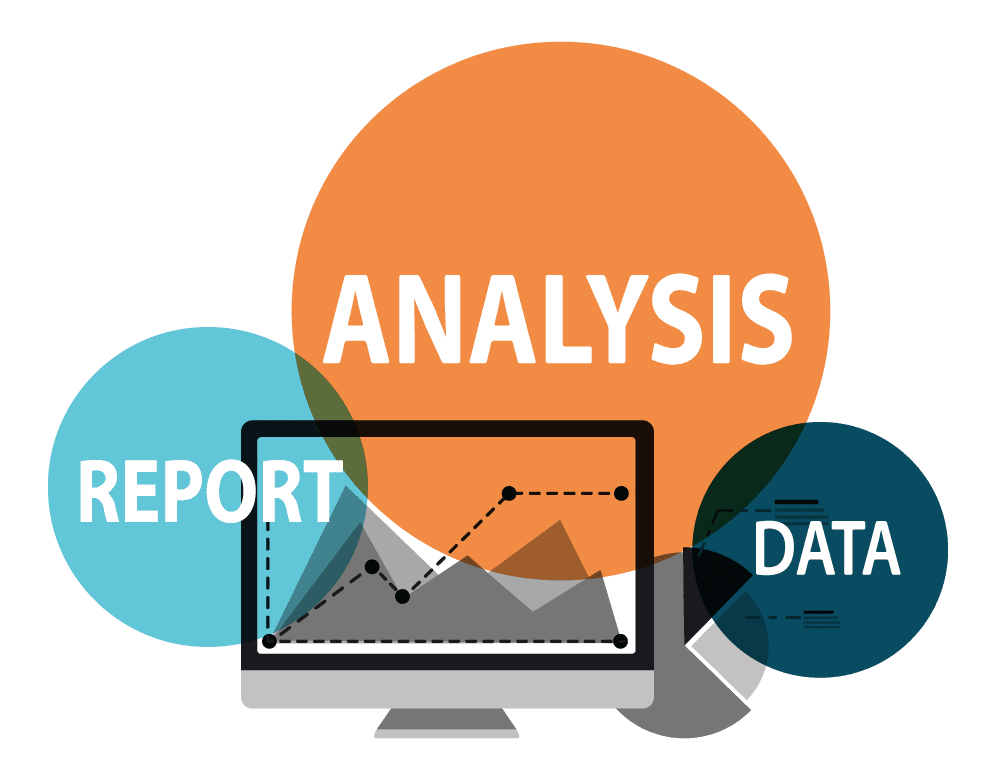
© Tibil Solutions 2024. All rights reserved
